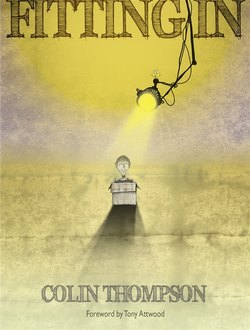Читать книгу Fitting In - Colin Thompson - Страница 58
На сайте Литреса книга снята с продажи.
ОглавлениеMUSIC MUSIC MUSIC
To understand how important The Ealing Club was, you have to understand how important Ealing wasn’t. We used to say that if there were elephants in England, Ealing is where they would have gone to die.
And they did. Ealing was the graveyard where lots of the old soldiers who had shot elephants and the natives in India retired to die. They kept their dying to themselves and did it very quietly with occasional visits to the saloon bar for a snifter of port and afternoon tea at The House of Tong.
In streets of big Victorian houses, old colonels, retired from a life of subjugating the world, sat behind yellowing lace curtains in gloomy rooms that had remained unchanged since they were children, except that as time passed, cigarette smoke had made everything even darker, even their dreams.
They were forgotten but not gone. The stag at bay, once standing in the afternoon sun, now hid behind the faded varnish of evening. In our west London suburb, there were endless streets of these quiet Victorian houses with their quiet Victorian owners dying off one by one. They had travelled the globe taking their civilisation to poor underprivileged Johnny Foreigner and then retired to Ealing to sit in the twilight, the blood washed from their hands and consciences, waiting for God to call them to paradise where everyone would be white and know their place and three rooms away you could always hear a song by Vera Lynn.
Ealing was also a memory of movies where even the villains spoke like toffs. Alec Guinness in black and white, genteel, finely crafted entertainment with added Carry-On films. I went to school next door to Ealing Studios and stared at Anita Ekberg’s disturbing chest as she and Anthony Steele were whisked away to the country for the weekend.
